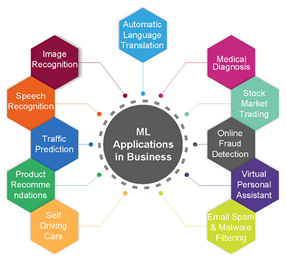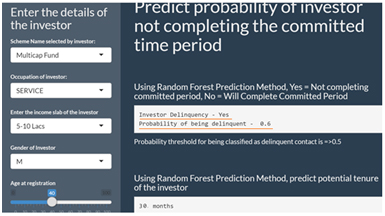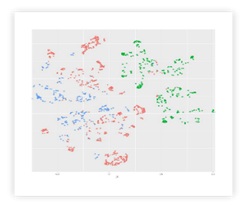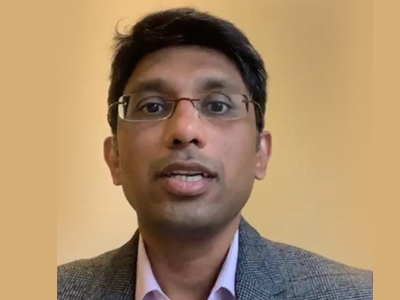You work so hard to bring SIPs in mutual funds. But how many of you put efforts to know how long will your clients continue their SIPs? Wouldn’t you take corrective action if you knew this well in advance?
But how will you find out?
Let me answer this. I identify myself with a group which believe ‘Data is New Oil’. And I go a step ahead to compare BSFI industry in general and mutual fund in specific to a country with vast proven oil reserves (data).
Why do I so say so? It’s because we are sitting on humongous data and adding more every day.
If the data is analyzed properly, we can use the outcomes to:
- Solve business problems
- Improve efficiencies and outcomes
- Launch customer-centric products
- Engage various stakeholders
- Improve customer satisfaction
- Identify the right growth opportunities
Emerging technologies such as artificial intelligence (AI), machine learning (ML) and deep learning (DL) also known as data sciences can be compared to refineries as I pointed out. They help convert raw data of any form into useful information.
Data sciences has some key benefits:
- They help process (analyze) humongous data (millions of transactions) at unimaginable speed
- They can easily identify (hidden) trends and patterns
- They help automation - no human intervention is needed
- They learn, predict and improve on their own
- They can process multi-dimensional and variety of data – numeric, text, voice and image

As more and more consumers transact online, they are leaving digital footprints (data). Globally various industries are investing heavily in data sciences to process such data and devise appropriate business strategies driven by the science. Industries ranging from consumer products, finance, pharma to OTT platforms are benefiting from using machine learning-based models.
In India, the mutual fund Industry can use data sciences for multiple purposes like:
Prediction
- Would a prospective investor buy a mutual fund?
- How long is an investor expected to stay or when he is likely to redeem?
- Profitability – in terms of client, employee, location/region
Segmenting
- Create investor/distributor clusters based on multiple variable and hidden patterns
- Identify most promising, challenging, profitable customer segment
- Understand characteristics of each segment
- Design strategies for investor acquisition, engagement and intervention
Forecast
- Scientifically forecast revenue, demand, sales, profitability, stock performance
- Forecasting based on intervention
Recommendation
- Attract new investors and improve conversion rates
- Engage more deeply with clients
- Increase satisfaction and retention
- Boost conversion rates
- Augment cross and upselling
Moreover, data sciences can be used to analysis investor sentiment by analysing feedback, investor behaviour in the digital world – emails, post / comments on social media platforms.
Data science can also be used to optimize budgets, identify the best option for each rupee spent. In brief, data sciences offer many options to analyse data for almost any kind of business problem.
I guess a common refrain would be - all this is fine in theory, how practical is this science?
Well, here is the proof, I along with few fellow students at IIM Calcutta, built a machine learning model to predict SIP delinquency i.e. whether an Investor will invest full number of SIP installments he is indicating in the application and or will he stop the subscription in between. Such termination before completion of indicated period is treated as delinquency for the purpose of the model.
In addition to predicting delinquency , model is also capable of predicting likely tenure of the SIP , in other words when is investor likely to stop the SIP ?

Among the different algorithms, Random Forest Method has delivered the best results with over 80% accuracy in predicting SIP delinquency. Random Forest captures random samples to learn or predict pattern.
Cluster model , we have built, has divided the sample investor base into three segments and helped us to identify segments with least and high delinquencies. We could also draw useful descriptive insights while looking at characteristics of each client segment. These insights can be used for formulating strategies and making key business decisions.
identify segments with least and high delinquencies. We could also draw useful descriptive insights while looking at characteristics of each client segment. These insights can be used for formulating strategies and making key business decisions.
Clearly, data sciences are technologies of the future. They help us understand, acquire, engage with stake holders, improve efficiencies and drive growth. I urge our readers to embrace this new exciting frontier of data science.
Mahmood Basha is the Head of Sales and Marketing at Baroda Mutual Fund. The views expressed in this article are solely of the author and do not necessarily reflect the views of Cafemutual.






